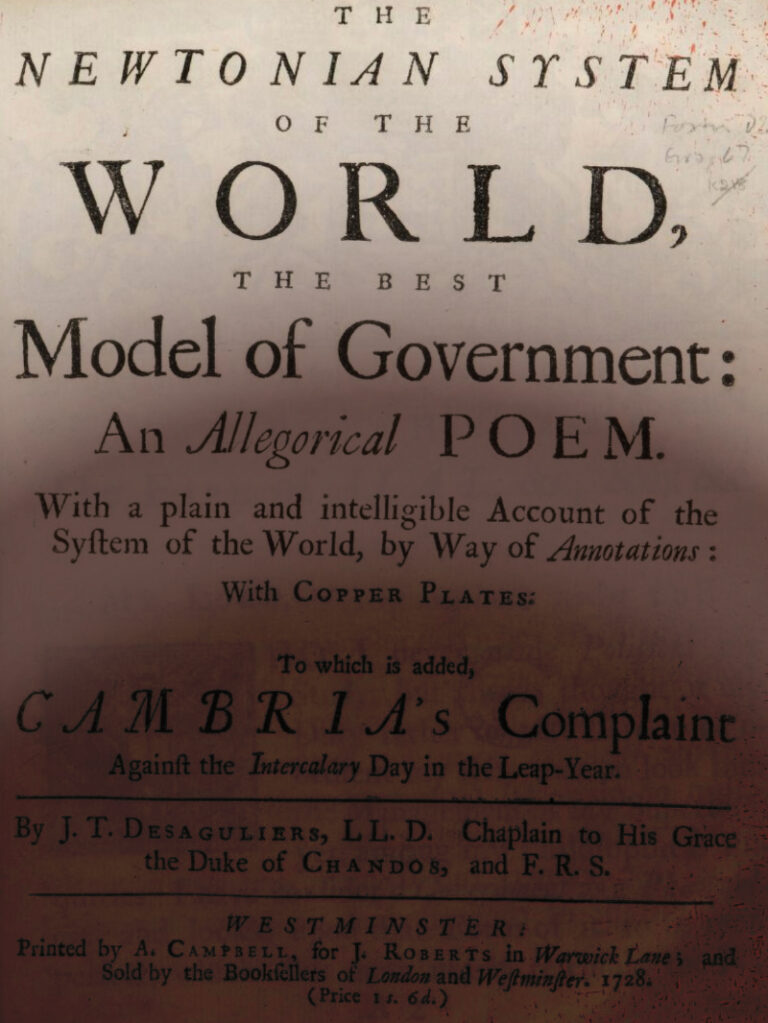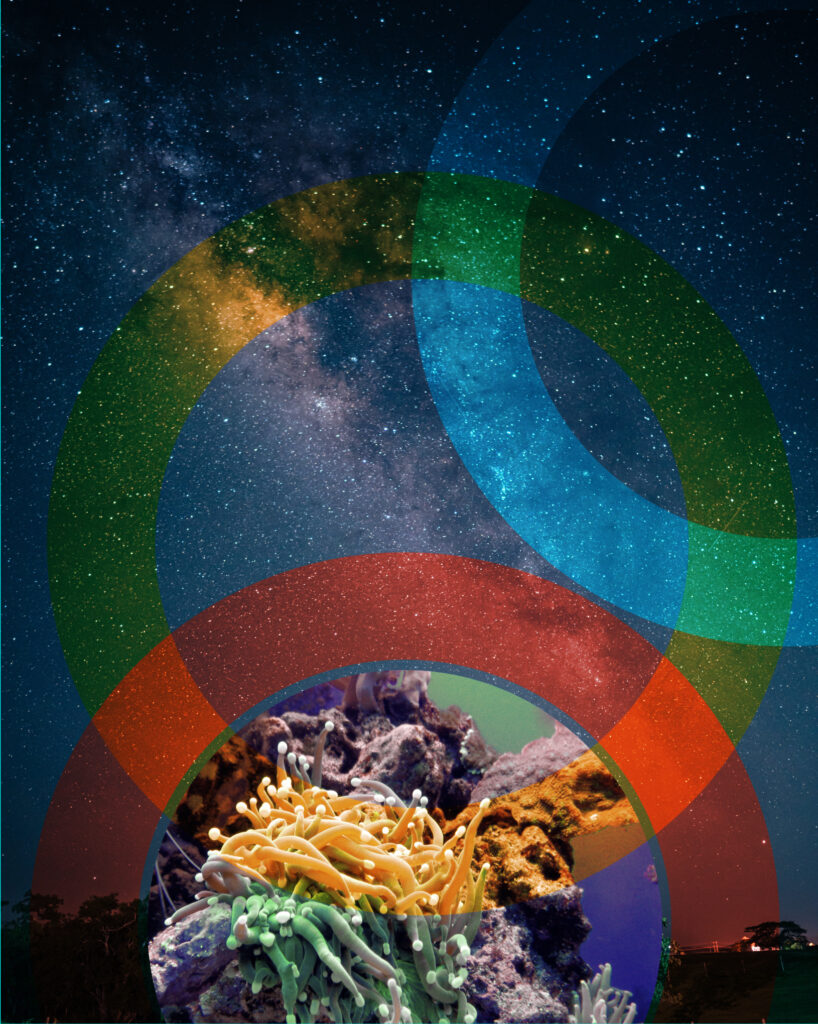There are some real doozies of arguments that have tied up religious and philosophical thinkers for centuries. Take the Kalam Cosmological Argument or the Ontological Argument. In both of these arguments there is a required reduction of the properties of the universe (or cosmos) to some kind of skeletal representation. In Kalam (and variants) there are assumptions built into the idea of nothingness, for instance, that have no relationship to what we know about the actual cosmos now—specifically that there is no example of such a thing; even in vacuums there are pervasive quantum fields and we have no clear scientific evidence or theories that point to a “philosopher’s nothingness.” In the Ontological Argument, there is the assumption that possibility and existence are inherently combined together, regardless of whether we are talking about a concept of God or a real thing in or supporting the existence of the cosmos. Another example of this philosophical craziness is in the modal argument for the existence of philosophical zombies, where there are people just like us in every way but lacking a phenomenal experience of being conscious beings.
There is a category of thought called “modal skepticism” that argues we should be cautious about making assumptions about things extremely outside of ordinary experience. Whether it’s gods or nothingness or consciousness, the trouble arises when trying to sketch out the properties that apply to these things. Even before modal logic in its modern form, Kant argued that existence is not a predicate and therefore the existence of God can’t be contained in an a priori definition of God. We are making an incorrect assumption. In Kalam, nothingness is not definable in a way that meaningfully separates it from a posteriori discoveries about the cosmos, where it does not seem to exist.… Read the rest









